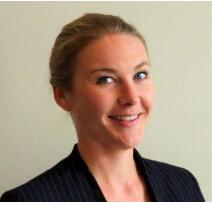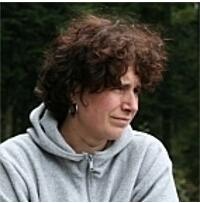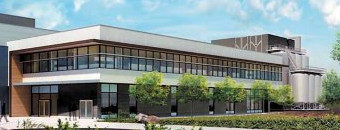Anaerobic Digestion Conference AD16

AD16 is also ‘the place to be’ for newcomers
Anyone who thinks that the four-day Anaerobic Digestion Congress is only interesting for seasoned ‘AD’ers is wrong. Everyone can learn about the most important basic principles of anaerobic digestion during an extensive introductory workshop.
“For two full days, interested participants are completely submerged in the field of anaerobic digestion,” explains Lise Appels, professor at KU Leuven (Belgium). She is a members of the organizational committee of AD16 together with her colleagues Raf Dewil ( KU Leuven ), Ilse Smets ( KU Leuven ), Korneel Rabaey ( Ghent University ) and Jo De Vrieze ( Ghent University ). “Our basic workshop is interesting for beginning and postgraduate students, but also for people from the industry who want to renew their laboratory.”
Workshop provides answers
What exactly is anaerobic digestion? What types of reactors are there and which type is best for you? What do you have to pay attention to when buying a reactor? What are the pros and cons? How do you test the process? This basic workshop – working title: AD101 – answers all these questions.
Register
During the AD16 we offer (base) workshops. Two in Belgium and two in the Netherlands. Appels advises interested parties to register in time for the basic workshop. “Keep an eye on the website and newsletter for information about registering. Make sure you’re there because AD16 is the most important conference for our field.”
Are you interested in participating with an abstract? View the submission deadlines on www.ad16conference.com

16th Anaerobic Digestion: a preview
Though it is still 11 months away, the 16th IWA World Congress on Anaerobic Digestion is slowly taking shape. Environmental biologist Miriam van Eekert of Wageningen University is one of the members of the Organizing Committee. She is already looking forward to 23-27 June 2019. “With so many summitted abstracts and variety of subjects, it is becoming very interesting.”
“The exact content of the conference sessions is still to be announced, but the most important topics have been determined and are on the site,” says Van Eekert. She mentions topics such as ‘bio-electrochemical systems’, ‘low-tech solutions for developing countries’ and ‘sludge and slurry digestion’. “Within these topics,
the smallest innovations can have a lot of impact. What can we expect? That question will soon be answered for everyone in the field. Personally, I am really looking forward to the abstracts in the area of ??nutrient removal.”
Everyone is there
“Of course there are publications throughout the year and you can stay up to date with the developments,” continues Van Eekert. “But in the corridors of the Anaerobic Digestion Congress you hear things earlier and you hear more details. You hear what others are working on before it is published. It is also great to present your own ideas to others during the week, to hear someone else’s opinion about something. There is also a good mix of audiences. Everyone is there, from all the various parts of our field.”
Not a scientific party
Van Eekert wants to prevent it from becoming a scientific party. “It is very interesting to philosophise with scientists about solutions, but I attach great importance to the practical application possibilities. What can the idea really bring you? Eventually you want to be able to market it. That is why we use the organization to create a nice mix of practical stories and the answers to practical questions.”





